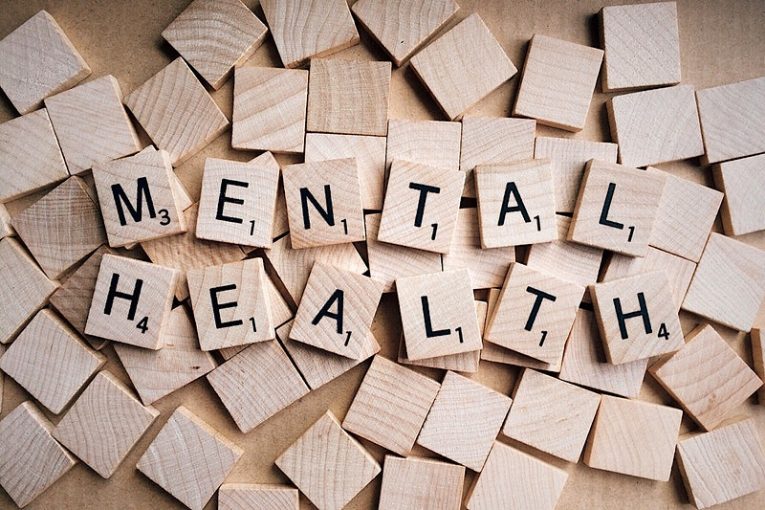

Credit: rawpixel.com
public domain CC0 photo.
By Claire Hsu
WASHINGTON, DC – The DC American Civil Liberties Union (ACLU) and a non-profit advocacy group, Bread for the City, filed a lawsuit against the District of Columbia last week, challenging a lack of support in mental health 911 emergency calls and the harmful effects of dispatching police officers instead of mental health professionals.
According to a release issued by ACLU, the lawsuit emphasizes how first responders address calls that require immediate physical attention and how it differs from how authorities handle mental health situations, writes the Washington Post.
In the release issued by ACLU, Suzan Minzer, ACLU’s Disability Rights Program director, charges, “Someone who calls 911 for a physical health emergency gets trained medical providers who can treat and stabilize them. But someone who calls 911 for a mental health emergency gets a police officer with handcuffs and a gun.”
The ACLU argues against sending police officers instead of mental health professionals to assist individuals experiencing a mental health emergency and that it is unfair the District of Columbia is unable to ensure mental health professionals are accessible to address 911 calls relating to a mental health emergency case.
Attorney Michael Perloff from the ACLU said, “We want the same sort of infrastructure that exists for physical health emergencies to exist for mental health emergencies,” reports the Courthouse News Service.
According to the ACLU, in 2022, the number of cases where individuals received support from a mental health professional, such as a Community Response Team, after calling 911 in Washington, DC for a mental health crisis equated to below one percent.
In 2022 in Washington, DC, the number of 911 cases where individuals received support from an emergency specialist in physical conditions, such as an EMT, was 90 percent, the ACLU notes, and only 44 out of 1,600 EMTS are part of the Community Response Team.
Many other mental health institutions and specialists, such as the Substance Abuse and Mental Health Services Administration and the National Alliance on Mental Illness, have affirmed that deploying police officers to handle mental health emergencies can make the situation worse, ACLU claims.
Tracey Knight, a director at Bread for the City, said, “When people are having medical emergencies, we should be meeting them with trained medical helpers,” the Courthouse News Service reports.
Knight also affirms, “Police are not social workers. Police are not behavioral health specialists. And their roles are not interchangeable.”
The ACLU also states these institutions also urge local governments to enable more opportunities for 911 mental health situations to be dealt with by mental health professionals and specialists.
In response to the ACLU and Bread for the City legal suit, many District of Columbia officials and agencies, such as the D.C. Attorney and the D.C. Department of Behavioral Health, refused to respond when asked to discuss the suit, reports The Washington Post.
According to the Courthouse News Service and The Washington Post, the D.C. police choose not to discuss the suit when asked.
The local government and officials have made an effort to make assistance from mental health professionals more accessible for those experiencing a mental health emergency, explained The Washington Post.
Muriel Bowser, the mayor of the District of Columbia, had worked with the Department of Communication and the Department of Behavioral Health to make reaching a mental health specialist during an emergency mental health call easier, reports The Washington Post.
Despite the positive results from these efforts, including growth in mental health specialists and assistance accessibility, the ACLU and many other mental health advocacy organizations are pushing for more government action, according to The Washington Post.
The ACLU and Bread for the City legal suit details that individuals who experience a medical emergency still seek assistance through 911, according to The Washington Post.
In the release issued by ACLU, Ashika Verriest, an attorney working for ACLU’s Criminal Law Reform Project, said, “Police are not the right people to respond to someone experiencing a mental health crisis… As a matter of safety and equality, D.C. and communities across the country must invest in robust and appropriate crisis response.”